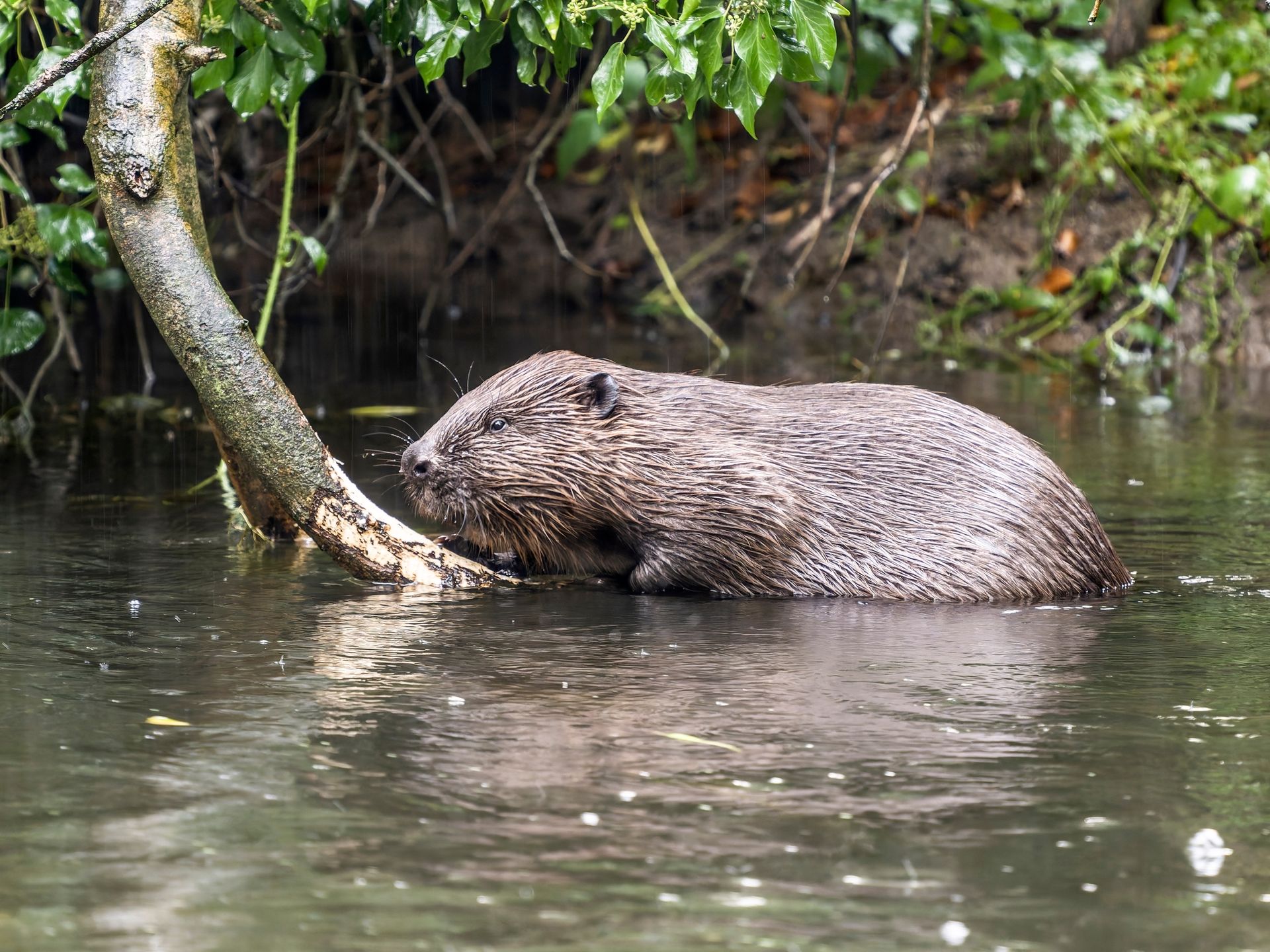When people think of retirement, they often picture leisure, travel or time with family. Yet for a growing number of older adults, retirement has opened the door to something equally rewarding: becoming guardians of local rivers and streams. Across the UK, retired volunteers are stepping forward as “river rangers”, patrolling waterways, recording wildlife, monitoring pollution and fostering community pride. Their contribution is not only protecting fragile ecosystems but also strengthening social ties and giving new purpose to later life.

A Personal Calling
I have met many of these volunteers over the past year, and what strikes me most is the passion they bring to the work. Some grew up fishing or swimming in rivers that later became too polluted to use. Others have backgrounds in teaching, engineering or healthcare and now apply those skills to environmental stewardship. Many simply want to give back to the places that shaped their lives.
What unites them is a recognition that rivers are central to community wellbeing. Clean streams are not just habitats for wildlife; they are spaces for recreation, sources of inspiration and, for many, a living link to childhood memories. Becoming a river ranger allows volunteers to honour those connections while safeguarding them for future generations.
Why Retired Volunteers Make Ideal River Rangers
Older volunteers bring a unique set of strengths to river protection. First, they often have time and flexibility that younger people juggling careers and families do not. Second, they carry with them decades of experience in problem-solving, organisation and community leadership. A retired surveyor, for example, can apply their skills to mapping flood risks, while a former teacher may help develop educational activities for local schools.
Research also suggests that volunteering in nature benefits older adults themselves. A 2021 study by The Wildlife Trusts found that participants over 60 who engaged in conservation activities reported improved wellbeing, reduced loneliness and a renewed sense of purpose. In other words, river ranger schemes are as good for people as they are for streams.
What River Rangers Actually Do
The work of river rangers is varied and practical. On patrols, volunteers look out for signs of pollution, litter dumping or invasive species. They take water samples, sometimes using simple test kits, to monitor quality. They keep records of wildlife sightings, from kingfishers to dragonflies, providing valuable data for conservation groups.
Many river rangers also act as ambassadors, talking to dog walkers, anglers and children about how to care for streams. Their presence alone can discourage littering and anti-social behaviour. In some areas, rangers organise clean-up events, removing everything from crisp packets to abandoned bicycles from riverbeds.
These seemingly small actions add up. The Environment Agency has acknowledged that citizen monitoring often fills gaps in official data, highlighting issues that may otherwise go unnoticed. In several cases, ranger reports have prompted investigations into sewage discharges or illegal dumping.
Community Spirit and Collaboration
One of the most hopeful aspects of the river ranger movement is the way it fosters community spirit. Retired volunteers rarely work alone; they join local conservation groups, angling clubs, parish councils and schools to build a wider network of support.
For example, in Shropshire, a group of retired residents teamed up with secondary school pupils to monitor a local stream. The pupils learned fieldwork skills while the volunteers enjoyed mentoring the next generation. Together, they not only improved the health of the stream but also created lasting intergenerational friendships.
Partnerships with local authorities and environmental charities are also vital. Rangers provide the “boots on the ground”, while organisations supply training, equipment and legal frameworks for reporting pollution. This collaboration ensures that volunteer energy is channelled into meaningful outcomes.
Overcoming Challenges
Of course, volunteer river patrols are not a perfect solution. Some streams face chronic pollution from agriculture or sewage that cannot be fixed by local clean-ups alone. Volunteers sometimes encounter frustration when authorities are slow to respond to reports. There is also the question of sustainability: how do we ensure that ranger schemes continue when initial enthusiasm wanes?

Yet these challenges do not diminish the value of the work. Instead, they highlight the need for river rangers to be seen as part of a bigger picture. Their observations, data and advocacy complement professional monitoring and enforcement. When combined with stronger regulation, investment in infrastructure and political will, volunteer efforts become powerful catalysts for change.
A Hopeful Future for Rivers and Communities
Looking ahead, the potential for expanding river ranger schemes is enormous. With Britain’s population ageing, more people are looking for meaningful ways to stay active and engaged. Waterways, in turn, are under increasing pressure from climate change, development and pollution. Bringing the two together creates a natural solution.
Imagine if every stretch of stream in the country had a team of watchful guardians. Imagine the collective knowledge built by thousands of volunteers contributing daily observations. Imagine the pride of knowing that the river winding through your town was cleaner, safer and more vibrant because neighbours had chosen to care for it.
This vision is not far-fetched. Pilot projects are already showing how powerful retired volunteers can be when given the right support. With small investments in training, equipment and coordination, river rangers could become a standard part of community life, helping to restore respect for water while strengthening social fabric.
Keeping Watch, Giving Back
Retirement is often described as the end of one chapter and the beginning of another. For river rangers, it is a chapter of service, connection and hope. By patrolling and protecting streams, these volunteers are not only defending nature but also enriching their own lives and communities.
Our rivers need guardians, and our communities need ways to come together. River rangers show that both are possible. Their story is a reminder that even in later life, there is immense potential to make a difference. By keeping watch over local streams, retired volunteers are giving back something that cannot be measured only in data: respect for nature, pride in place and hope for the future.



